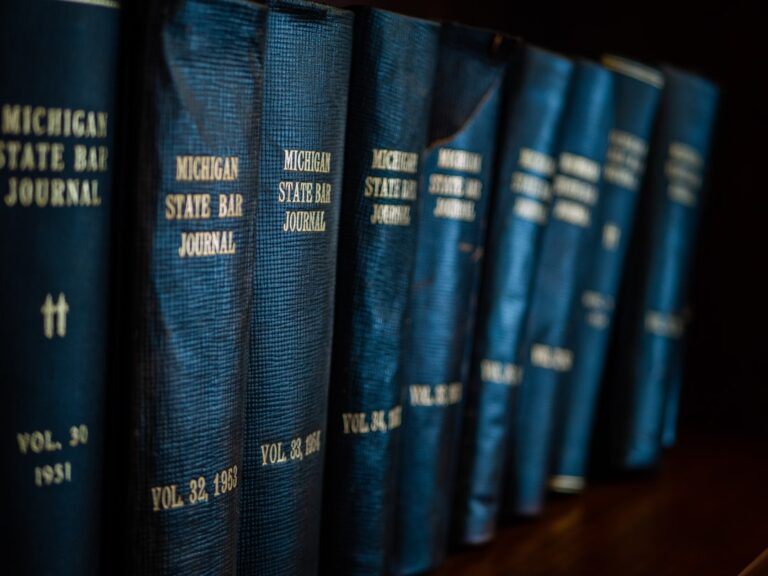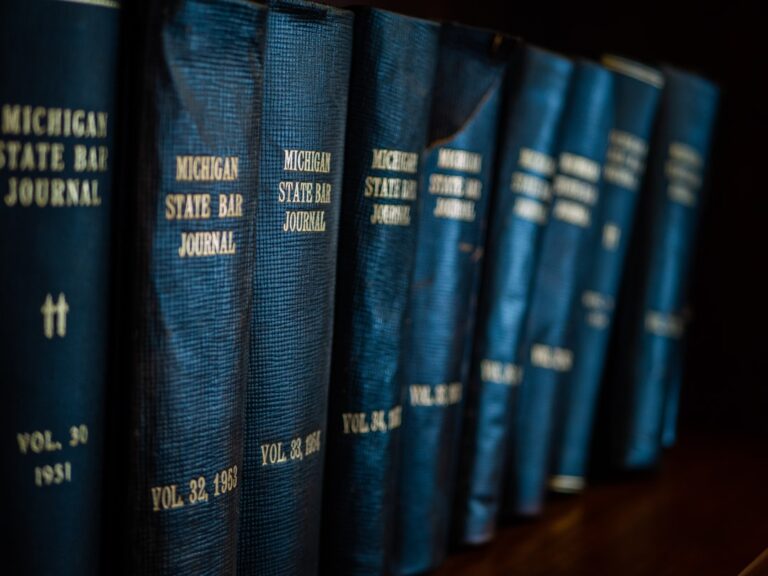Florida's legal system, led by child abuse attorneys, protects children through a multi-agency network. Reporting, DCF investigations, and legal proceedings address abuse and neglect. International collaboration, facilitated by attorneys, combats global child abuse. Complex extradition cases require skilled navigation. Effective communication strategies between Florida and foreign authorities ensure secure child returns. Survivors receive legal representation and specialized services from child abuse attorneys for healing and empowerment.
In Florida, cooperation between local authorities and foreign entities plays a pivotal role in tackling child abuse cases, often requiring international collaboration. This article explores Florida’s legal framework for child protection, focusing on the reporting obligations of foreign authorities. We delve into challenges related to extradition and jurisdictional issues, offering best practices for seamless communication between agencies. Additionally, it highlights the support available for abused children, emphasizing the role of child abuse attorneys in Florida.
Understanding Florida's Legal Framework for Child Protection

Florida has a robust legal framework dedicated to protecting children and combating child abuse. The state’s laws are designed to ensure the safety and well-being of minors, with a strong emphasis on prevention and intervention. When it comes to addressing child abuse, Florida’s system involves various agencies and professionals working in collaboration. This includes law enforcement, child protective services, medical professionals, and, notably, child abuse attorneys.
The legal process begins with the reporting of suspected child abuse or neglect by qualified individuals, such as teachers, healthcare providers, or neighbors. Once reported, Florida’s Department of Children and Families (DCF) becomes involved and conducts an investigation to determine the validity of the claim. If the DCF finds sufficient evidence, they take appropriate actions, which may include removing the child from the home and initiating legal proceedings against the parents or caregivers. Child abuse attorneys in Florida play a crucial role here, providing legal representation for both the state and affected children, ensuring that their rights are protected throughout the process.
International Collaboration: Foreign Authorities & Reporting Obligations

In the realm of child protection, international collaboration is vital to effectively addressing cases that cross borders. When it comes to child abuse, Florida cooperates with foreign authorities to ensure a comprehensive and swift response. Foreign governments have reporting obligations under various treaties and agreements aimed at protecting vulnerable children worldwide. These obligations facilitate information sharing and joint investigations, enabling authorities in Florida and abroad to work together seamlessly.
Child abuse attorneys in Florida play a crucial role in facilitating this international cooperation. They assist in navigating complex legal systems, ensuring that reports of child abuse are accurately documented and shared with the appropriate foreign entities. This collaboration not only expedites the process but also enhances the chances of rescuing abused children and holding perpetrators accountable, regardless of their geographical location.
Challenges in Extradition & Jurisdictional Issues in Child Abuse Cases

Navigating extradition and jurisdictional issues is a complex challenge in international child abuse cases, where coordination between Florida and foreign authorities is crucial. These cases often involve intricate legal and cultural nuances, requiring careful navigation to ensure the safe return of abused children to their home state while respecting international sovereignty. The process can be hindered by differing legal systems, language barriers, and varying interpretations of child protection laws, making it a delicate dance for both child abuse attorneys Florida and international counterparts.
Foreign jurisdictions may have unique procedures and requirements for extradition, creating potential delays or complications in cases where a non-Florida resident is suspected of abusing a child within their borders. Effective communication and mutual understanding between law enforcement agencies, prosecutors, and legal professionals from both states are essential to overcoming these challenges.
Best Practices for Effective Communication Between Agencies

Effective communication is key when it comes to cooperation between Florida and foreign authorities in child abuse cases. To ensure smooth collaboration, agencies should establish clear and consistent communication channels. Regular meetings, whether virtual or in-person, can help build rapport and facilitate better information sharing. All parties involved—including Florida’s Department of Children and Families (DCF), law enforcement, prosecutors, and child abuse attorneys Florida—must agree on protocols for reporting, documentation, and updates to prevent misunderstandings and delays.
Additionally, a standardized data management system can greatly enhance communication. This allows for real-time access to case files, ensuring everyone is on the same page. Training sessions focused on cross-cultural communication are also beneficial, as they promote empathy and understanding among diverse teams. These best practices not only streamline operations but also contribute to more efficient and effective investigations, ultimately safeguarding vulnerable children.
Supporting Survivors: Services and Advocacy for Abused Children

In Florida, supporting survivors of child abuse is a multifaceted effort involving various services and advocacy groups. Child abuse attorneys play a crucial role in this process by providing legal representation to abused children and their families, ensuring they receive justice and protection under the law. These attorneys work closely with local authorities, medical professionals, and therapy centers to gather evidence and secure safe environments for the survivors.
The state offers specialized services tailored to meet the unique needs of abused children. This includes access to mental health support, education programs focused on trauma recovery, and legal advocacy that protects their rights. Child abuse attorneys in Florida collaborate with these services to ensure survivors not only receive immediate assistance but also have long-term resources for healing and rehabilitation. This comprehensive approach aims to break the cycle of abuse and empower survivors to rebuild their lives.





